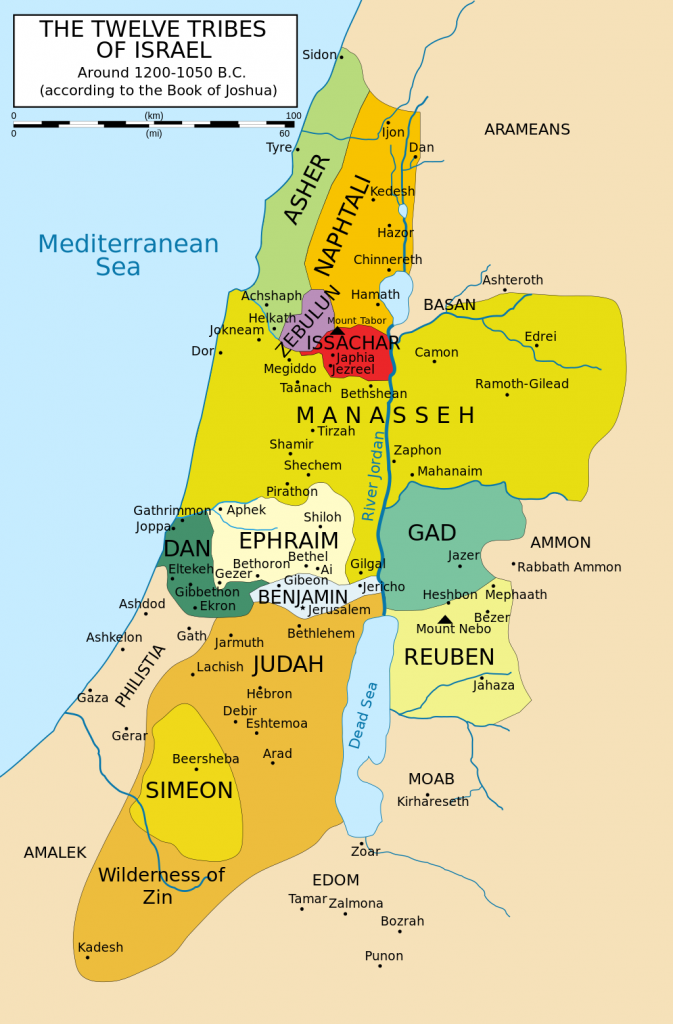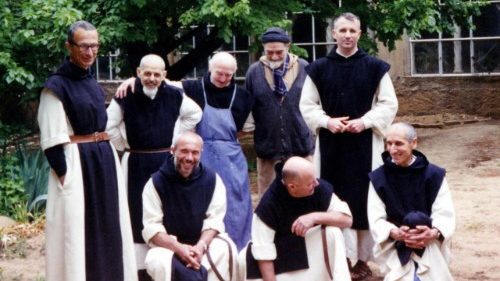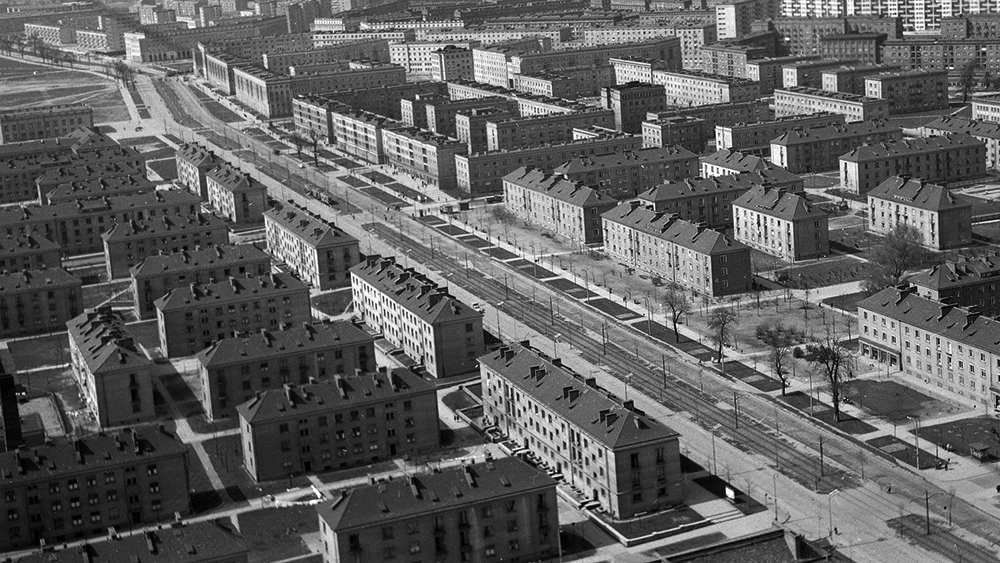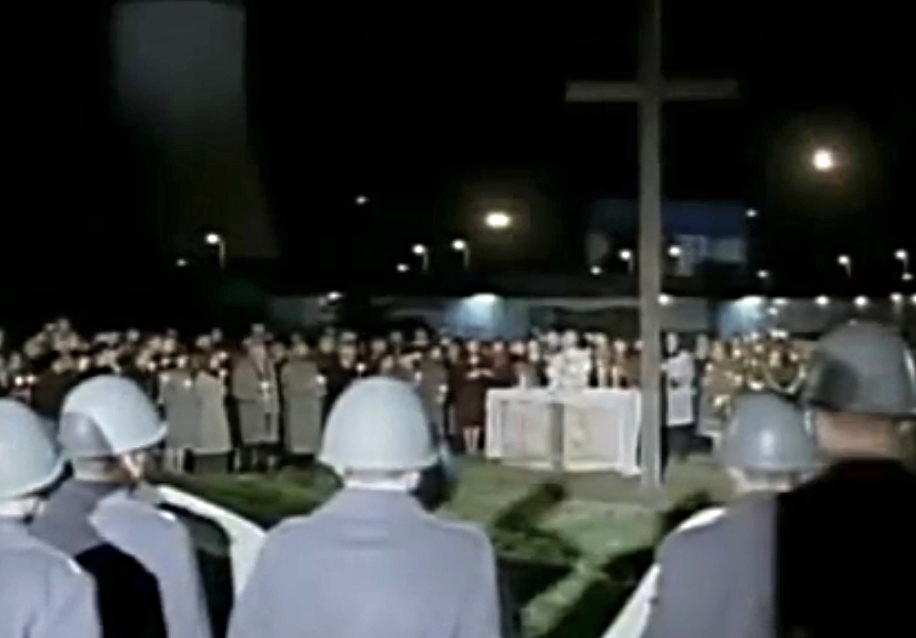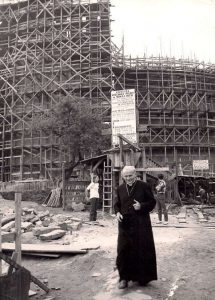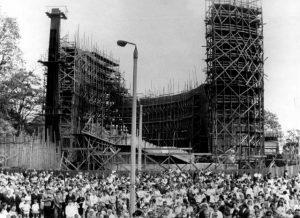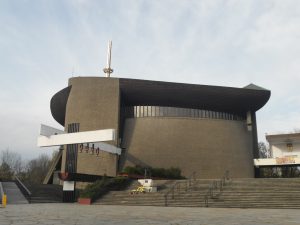Merry Christmas, everyone! For the past few Christmases, we’ve talked about the need to be given another chance. There are people in our lives to whom we should give another chance. Christmas is the sacred mystery in which God reaches out to us to give us another chance. Suppose Jesus asked you, ‘Where do you need another chance?’ what would you say? …
The focus today is on Jesus as the Prince of Peace, and the message is: The Prince of Peace is giving us another chance. The First Reading shows three truths related to this:
1) God goes first to where the pain is. The text says, “The people who walked in darkness have seen a great light” (Isa 9:2). Who are these people? The previous verse identifies them as the tribes of Zebulun and Naphtali. Looking at a map, we see that these were the first two northern tribes of Israel to be attacked by the Assyrians around 732 B.C..
They suffered greatly at the hands of a foreign enemy, and so Jesus, when He began His ministry, did so in their land by the lake of Galilee, to heal first what suffered first.
Jesus asks each human heart, ‘Where is the pain?’ and if we listen to His question and respond, that’s where He wants to begin His healing…
2) The Reading continues, “For a child has been born for us, a son given to us; authority rests upon his shoulders; and he is named Wonderful Counsellor, Mighty God, Everlasting Father, Prince of Peace” (Isa 9:6). Four times in Isaiah, God says that a certain child will come who will be a sign of God. Why a child? If Canada were facing invasion by a foreign enemy, a more plausible sign of God’s help would be a great leader, not a child. But, knowing what we know about God, we can speculate that He always works humbly, taking what appears to be weak to disarm the strong.
We’ll talk about this more in a minute. Sometimes in life, force is necessary to disarm an aggressor, but, most of the time, in our relationships, it’s the humble approach that bridges the gap between people. Think about it: Do we appreciate people who approach us humbly or forcefully?
3) Four titles describe this child: He’s our teacher, because He shows us the way of God; He actually is God, He’s the one in front of whom we kneel down and worship; He is our leader whom we’ll follow; He is the man of peace who defeats His enemies, not with violence, but with love.
Speaking of defeating the enemy, there is a deep theological question online as to whether or not Die Hard is a Christmas movie! The argument is that John McClane is a Christ figure, who descends from the sky bearing gifts for his people, and spends most of the movie on his bare feet before defeating the enemy. And there’s hope and healing at the end, as the McClane family is reunited!
Let me share with you a truer Christmas story: In 1996, seven of these Trappist monks in Algeria were kidnapped by Islamic terrorists and executed two months later.
They had been threatened for three years to leave the country, but they chose to stay, to witness to Jesus among their Muslim neighbours, whom they loved and who loved them. And on Christmas Eve in 1993, they were visited by these terrorists. A movie was made about these seven saints called Of Gods and Men, and here’s the event; when you see the words ‘Sidna Aïssa’ that’s Arabic for ‘Our Lord Jesus’ (37:50-43:09; to be shortened).
‘Tonight is different from other nights,’ because ‘we celebrate the birth of the Prince of Peace,’ and He came that we might have another chance: first to be reconciled to God the Father, Who created us and loves us, and by that, to be reconciled with ourselves and then with each other.
Bl. Christian later wrote, “After the Christmas visit, I needed fifteen days… To get back on your feet you need a great deal of time. Afterwards I said to myself: ‘that man with whom I had such a tense dialogue… what prayer can I say for him? I cannot ask God: kill him. But I can ask: disarm him.’ Then I asked myself: ‘Do I have the right to ask, disarm him, if I do not begin by asking: disarm me and disarm us in the community?’ Now this is my prayer…”. We all need to be disarmed of our pride, arrogance, lack of faith, and lack of love.
A few years ago, around Christmas time, I mentioned how there was a relationship in my life that was damaged and I didn’t know how to approach it. But, thanks to Jesus, that relationship has begun to heal. What changed first was I. Through prayer and advice from a wise Christian man, Jesus disarmed my arrogance and stubbornness, and then I reached out with an apology for what I had done wrongly (which, as you can imagine, was very little. The other guy was more at fault.).
Here’s a Christmas action that we can all do. Bl. Christian wrote, “We welcomed that Child who was born for us, absolutely helpless, and already so threatened”. We welcome Jesus with faith and love, saying, ‘Jesus, You Who became man for us, please come into my life. Please disarm me of the things I do that cause harm. Please give me Your peace. Give me peace with God, with myself, and with all people.’
Tonight, in the Gospel, when Jesus is born, the angels sing, “Glory to God in the highest heaven, and on earth peace among those whom he favours” (Lk 2:). The original Greek is so complex that it’s translated differently in many languages, and, during Mass, we say, “Glory to God in the highest, and on earth peace to people of goodwill.” So, peace comes to people whom God favours and who are of goodwill—who’s that? Whom does God favour? To shorten a long discussion, here’s the answer: It’s Jesus (Pope Benedict XVI, Jesus of Nazareth: The Infancy Narratives, 74-75). He is the one of perfect goodwill. And those who have Jesus living in them receive God’s peace. God offers this to everyone, but we must welcome Jesus in faith.
Let’s finish. We might think that there are some problems that can’t be solved and some pain too big to heal. In 1945, when the communists had invaded Poland, they wanted to create a model city without God. They decided to build the city of Nowa Huta, based on the socialist idea that workers need to overthrow their oppressors, and everybody would be equal, (which is why the buildings look the same), and this would be the first town in Poland in over a thousand years without a church.
To appreciate what happened, we need to remember how powerful the Soviet empire was; they had invaded over 20 countries and Poland was completely outmatched. But the people turned to God, and so, in an open field they kept erecting a cross where they wanted a church to be, and the communists would bulldoze it, and this happened for years (George Weigel, City of Saints, 212)! In 1959, Bishop Karol Wojtyła (who later became St. John Paul II) decided to celebrate Christmas midnight Mass in the field with thousands of Poles attending in the freezing and often snowy weather —this photo is a reenactment:
Eight years later, the communists granted permission to build a huge church which was finished in 1977.
- Source: Krakow.wiki
- Source: Arka Pana
- Source: Wikipedia
They disarmed their stronger opponents with prayer and nonviolence. That first midnight Mass was different because they celebrated the birth of the Prince of Peace.
Everyone needs another chance. Jesus wants to begin healing where the pain is. He simply asks if we will welcome Him in faith. The Prince of Peace is giving us another chance.


